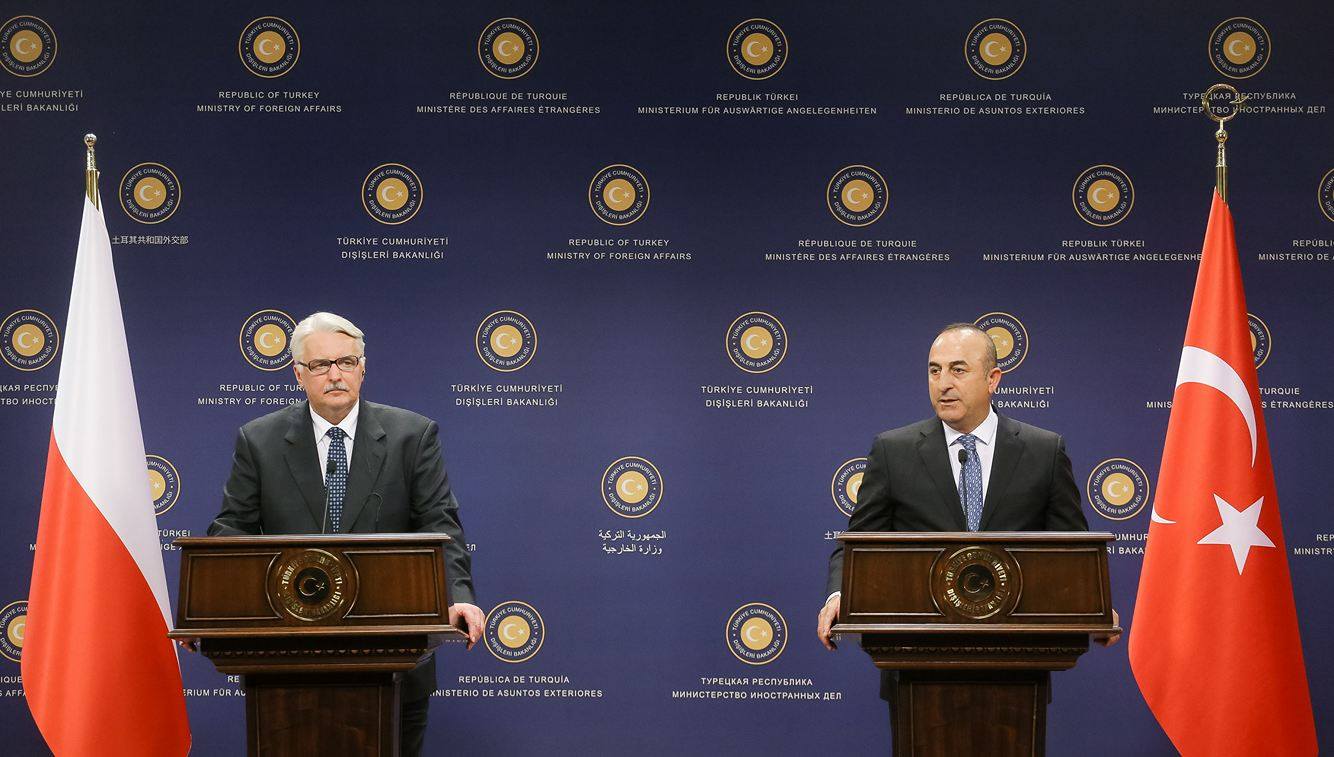“In opposition to the EU, Poland is betting on demographics and lowering of the retirement age”, by Olivier Bault.
Poland – This was one of the campaign promises of the PiS and of President Andrzej Duda: reducing the retirement age from 67 to 65 for men and to 60 for women, basically the retirement ages before the PO-PSL government reform in 2012. On that year, Donald Tusk’s government and its parliamentary majority, made up of the Liberal party PO and agrarian party PSL, had indeed imposed a gradual increase of the retirement age to 67 for both men and women. This reform had provoked very large demonstrations because it had not been mentioned at all in the program of the legislative campaign of these two parties. The Conservative party PiS then promised that, once in power, it would put an end to this reform. This is what the PiS did on Wednesday, November 16, by voting in the Diet a presidential bill in this sense by 262 votes for and 146 against.
However, it should be noted that retirement pensions are for many Poles very small and that with the law voted on November 16 they will be able to retire earlier but may choose to continue working in order to contribute longer and improve their retirement. The PiS has also voted this year an increase of the minimum pension of 120 zlotys, and this minimum pension will therefore be 1,000 zlotys / month (ie about €230 / month) from January 1, 2017.
Poland has a pay-as-you-go pension system since the government of Donald Tusk, faced with budgetary difficulties, decided to revert to the 1999 reform which introduced a mixed system with part of the contributions that fed the system of distribution and a portion that was capitalized in private pension funds. As of 2011, the PO-PSL government reduced the capitalization component in two stages before reintegrating into the Polish social security system the majority of the savings of future pensioners accumulated in the pension funds. This was also what Viktor Orbán had done in Hungary, with the difference that Viktor Orbán had been highly criticized by Brussels and the European media even though this decision had helped to reduce Hungary’s public deficits while Donald Tusk Was not criticized even though the Polish public deficits continued to grow under the PO-PSL government after drawing on pension funds.
That said, the PiS has never been very supportive of the funded system for a very simple reason: the private managers of these pension funds make huge benefits and so there is not much left for future retirees. Thus, over the period 1999-2008, mutual funds took nearly 9% of the value of the savings contributions transferred by the ZUS, ie 10.5 billion zlotys out of 120 billion!
According to its electoral program, the Polish Conservatives have chosen to take the challenge of a revitalization of demography which is disastrous. With only 1.3 children per woman, Poland has one of the lowest fertility rates in the world. However, various studies and surveys show that many parents would like to have more children but consider themselves unable to cope financially. All the more so since wages are rather low in Poland, both parents are generally forced to work in order to make ends meet. It is characteristic that the Polish women settled in Britain, for example, have a much higher fertility rate than those remaining in the country. In Poland, according to figures from the National Statistical Office (GUS), in 2012 a quarter of families with 4 or more children lived with a per capita income below the subsistence minimum.
This is the problem addressed by the “500+” program set up in the spring. This program, in fact, was the first family allowance since Poland’s democratic transition in the early 1990s: 500 zlotys (about €120) paid each month to families for each child counting from the second, with no resource condition (and means-tested for the first child). The first positive result of these family allowances is a dramatic reduction in extreme poverty, which, according to the World Bank, would have fallen this year thanks to the “500+” program, from 8.9% to 5.9% of the population. Regarding demography, it is an early time to see the effects of this new family policy, which already includes family allowances and also the “Mieszkanie +” program facilitating access to family housing, but the first signs are rather encouraging: in the first half of 2016, according to the GUS, 186,000 children were born compared to 181,000 in the first half of 2015, and the number of marriages increased by 4,200 while divorces were down by 3,400 compared to the first half of 2015.
One of the arguments against increasing the age of retirement was its potential negative impact on births. Indeed, with both parents working, the role of retired grandparents is essential for families who wish to have more children but can not be content with a single salary. Another argument that supporters of a postponement of the retirement age generally do not answer is that, in Poland as elsewhere, many seniors are unemployed and in any case are unable to return to work .
Be that as it may, the PiS policy will pay off only if the Poles start making more children again. Poland has at least the merit of trying, rather than turning to the alternative of the immigration as the countries of Western Europe do.
By Olivier Bault.
Translted from French by the Visegrád Post.




